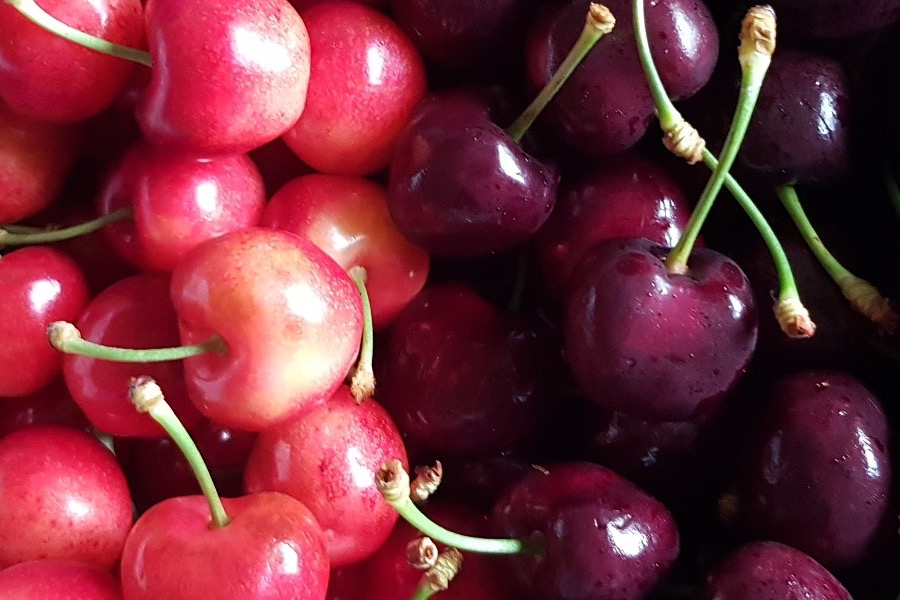Fruit Waste Ecosystem

Untapping the potential wealth in food waste
FermenTasmania, in partnership with Fruit Growers Tasmania, is proud to announce the launch of a groundbreaking study funded by the Tasmanian State Government aimed at unlocking the high-value potential of fruit seconds and byproducts. The “Polyphenolic Fruit Waste Valorisation Study” marks a pioneering step towards creating new job and economic opportunities by transforming underutilized fruit waste into high-value nutraceutical products and other innovative uses.
“Tonnes of fruit in any given Tasmanian growing season is fed to livestock, composted, and sent for bio-composting or to landfill. Fermentation technology can turn that into a resource with huge potential economic value” said FermenTasmania Chair Kim Seagram.
The report focusses on the wastage of fruits such as apples or grapes that are rich in polyphenols. Increasingly medical research suggests that long term consumption of diets rich in plant polyphenols offer protection against development of cancers, cardiovascular diseases, diabetes, osteoporosis, and neurodegenerative diseases. Recently, several innovative fermentation techniques have emerged that preserve polyphenols and enable production of a powdered end-product that could be used as a nutraceutical ingredient in food and beverage products. The global market for nutraceutical products and other fermented ingredient products is projected to almost double by 2034.” 1
Utilisation of food waste has been identified globally as an important way to reducing carbon emissions, and in Australia, it has been estimated 40% of all food grown is underutilised, most frequently ending in landfill.
The report was officially launched at Brady’s Lookout Cider yesterday (March6).
This report identifies the opportunity for Tasmania to ‘have its apple cake and eat it too’ said Ms. Seagram. ‘Rather than food waste ending up as stock feed or landfill these new technologies can transform it into high value food additives while enormously reducing the carbon footprint. Tasmania can become a leader in the global shift towards more circular agricultural practices. Brady’s Lookout Cider’s approach to utilizing pomace – skins and pulp left over from the cider making process and turning it into high value apple flour is just one great example of the potential these technologies offer.”
The study not only identifies the current ecosystem and potential uses for fruit waste but is also a new baseline in understanding existing fruit waste sources for future investment and policy making in the agricultural sector. Further research and development in this area is planned, paving the way for the new Fermentation Hub to be built at Legana which will create a potential 650 new jobs for Tasmanians. Construction of the new Fermentation Hub is due to commence this month. “It will be a world-class space for industry to play and innovate small scale commercial products. It will also provide spaces for cutting edge research and development, hands-on training and even agritourism and fermentation experiences for locals and visitors alike.”
Project lead Dwayne Baraka said, “Fruit used for on/near farm purposes (such as composting and livestock feed), are likely to miss economic and nutritional opportunities. For example, while cows seem like to enjoy eating grape marc and apple skins, it is far from clear that it adds to economic outcomes for cow farmers, nor the dairy industry, and even less clear that Growers share in any value created. This report will identify possible alternatives for such practices that might be more economically valuable to Growers. Once again Tasmania is quietly pursuing excellence and this project shows our innovative spirit and commitment to sustainability. We’re grateful to growers like Brady’s Lookout Cider who are supporting us in this project.”
For more information on the study and its findings, please visit Stage 1 - Existing Target Fruit Ecosystem Report
Reference





